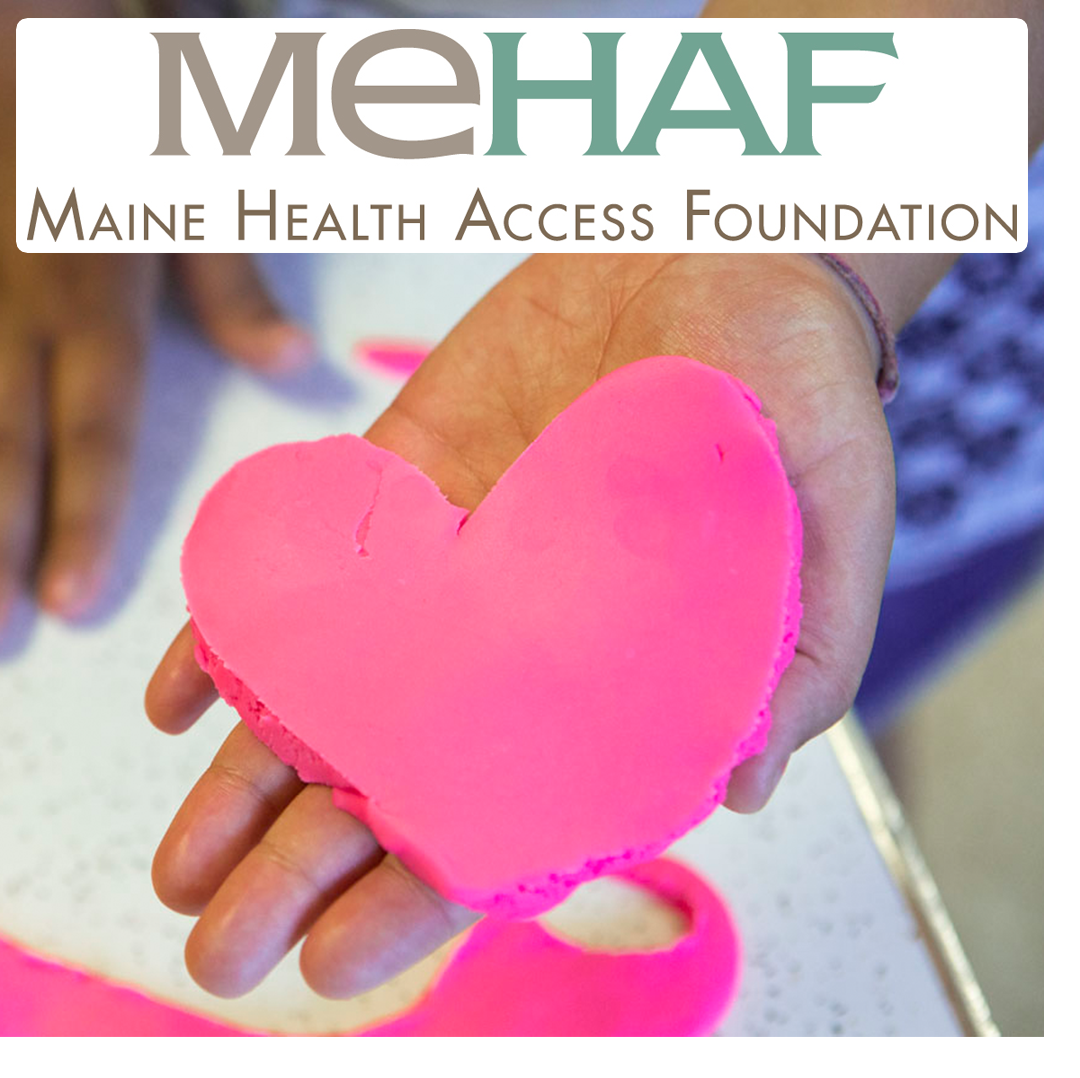
Spurwink is grateful for the recent support of the Maine Health Access Foundation (MeHAF) for our inaugural Community Impact Forum, focused on trauma. Through their meeting support grant program, we were able to convene a group of funders, legislative staffers, and partnering mental health agencies to learn about trauma and how it impacts our communities in Maine from two of Spurwink’s clinical leaders – Ben Strick, LCSW, Director of Adult Behavioral Health Services, and Rebecca Patkus, LCSW, Regional Director of Outpatient & Community Services.
Why focus on trauma?
- We’ve been hearing a lot of interest from our community partners and schools, requesting information about trauma, how it can impact children, adults, and families, and how to address the complex needs. Parents and schools are concerned about how they can help address the needs of their children, or children in their classrooms, who have been affected by the opiate epidemic, or other stressors. We have provided around 45 presentations in our partnering public schools on trauma sensitive school practices over the past two years.
- We know that addressing underlying trauma promotes better quality of care. Many people with behavioral health needs have histories of complex trauma that affect their health and their ability to access and successfully navigate our healthcare system. Spurwink offers Behavioral Health Homes, providing integrated care coordination for clients with behavioral health needs, helping them navigate their overall health needs.
- People with histories of trauma also have an increased risk for the chronic physical and mental health conditions and their attendant increases in the need for long-term care or inpatient treatment. We see this every day in our work with adults with serious mental illness in downtown Portland through our Adult Behavioral Health program.
- Mainers who are refugees often experience trauma in their home countries, and are too often faced with cultural barriers to accessing behavioral healthcare. ShifaME, Spurwink’s program developed in partnership with Boston Children’s Hospital, provides behavioral health support to refugee children and their families.
The group learned about trauma, the prevalence of Adverse Childhood Experiences (ACES), and the correlation between ACES, health risk behaviors, and adolescent and adult health outcomes. Trauma, particularly in early childhood, changes the way the brain works, interfering with learning and development, behavior, and relationships. We were reminded that ACEs can be prevented, and that it’s never too late to address pain-based behaviors – ACES can be overcome.
Attendee Kathryn Pierce, MPA, Program Officer from MeHAF shared, “I found the presenters’ comments about the stressors that affect refugee youth beyond trauma – resettlement, acculturation and isolation – to be particularly compelling. I also appreciated the structured opportunity to brainstorm with other organizations about ways we can collaborate on this issue.”
The informative and engaging presentation led to thoughtful conversations about how we can work together to address trauma through collaboration, changing mindsets, investing in trauma-informed care, and adopting policies to help children, adults, and families thrive. Recommendations and outcomes from the forum will be shared later this Winter.
The November forum was the first in a series to provide timely information on critical mental health and education issues and how they impact our community to leaders and funders in Maine. Let us know if you’d like to be added to the invitation list or have requests for future topics by contacting Gabrielle Gallucci, Director of Mission Impact at ggallucci@spurwink.org.
